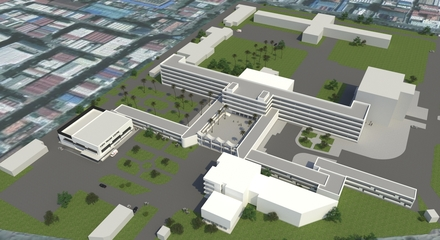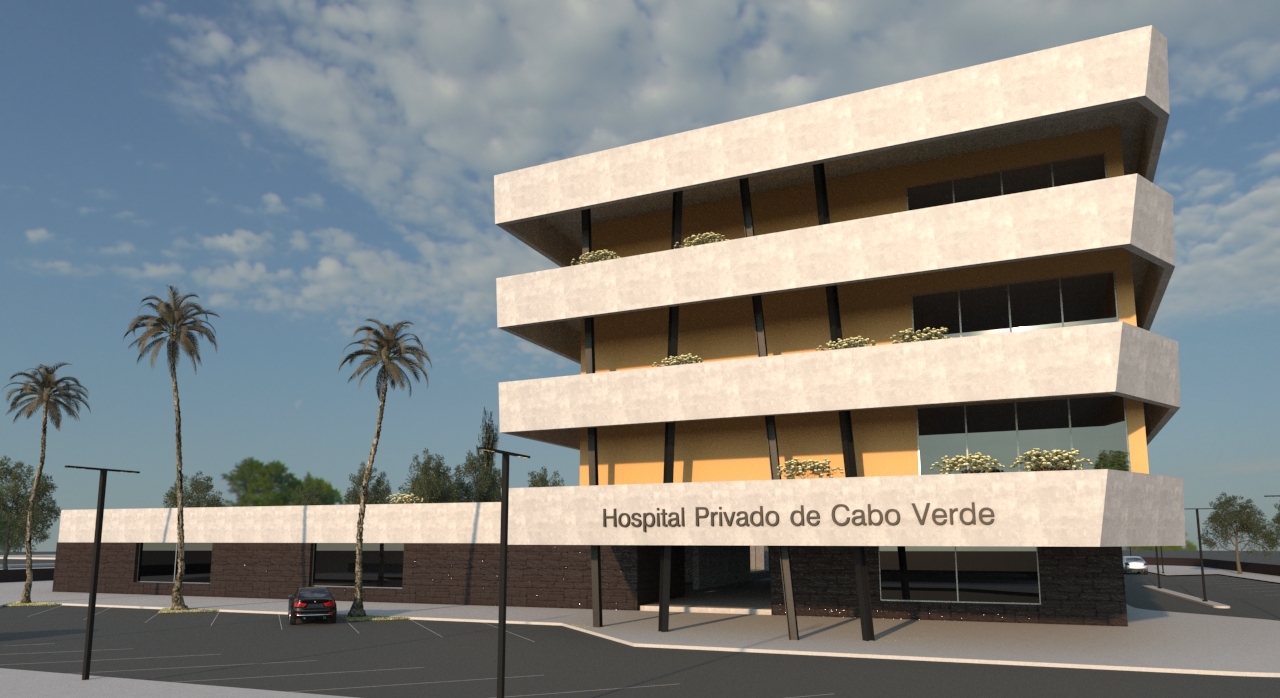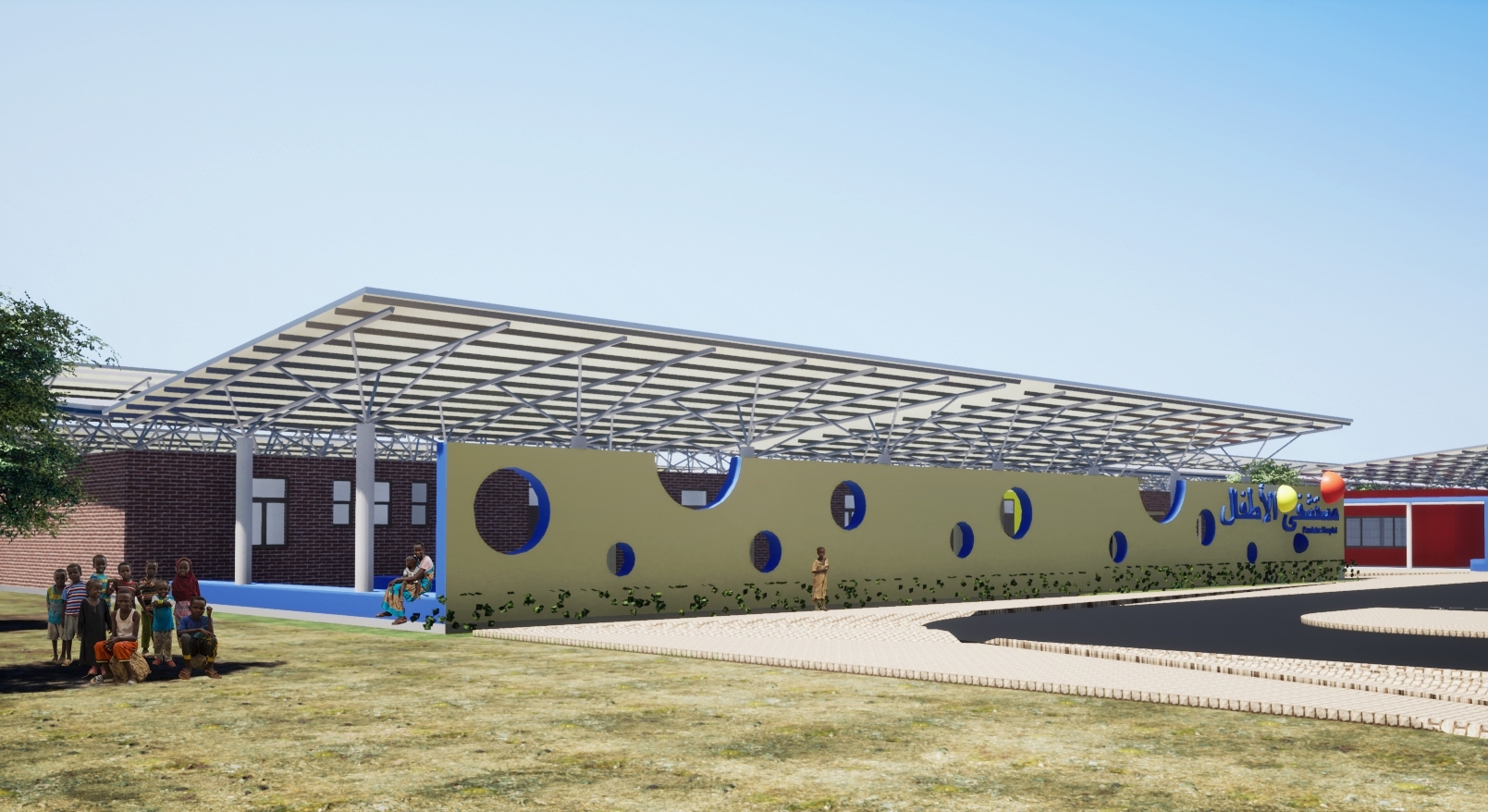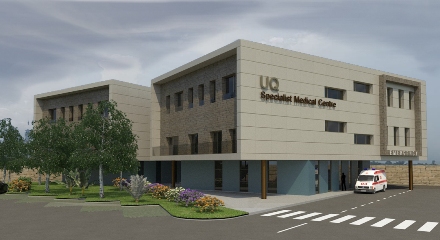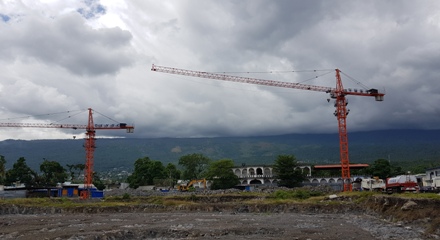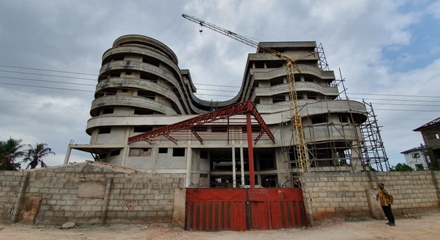Development

Careful project definition and planning is essential for successfully establishing or expanding a healthcare facility. In the development phase, the idea of the healthcare infrastructure project is explored, further elaborated and its feasibility determined. Decisions are made regarding who is to carry out the project and how it will be financed. AMPC can support you in the technical, financial and operational aspects of project development and planning.
A feasibility study is usually the first step to further explore the initial idea for a healthcare project. Whether it concerns the establishment of a completely new hospital, the expansion of an existing facility, the upgrading of a specific department, or the acquisition of new medical equipment, AMPC can carry out a feasibility study for your project to ensure clinical, technical, operational and financial feasibility before you engage in its further development and actively pursue financing.
As part of the feasibility study, we will typically carry out a market study. One of the determinants of the focus of the market study will be whether your project is public or private. Government agencies may benefit from an analysis of the public health needs, gaps in public service provision and the functioning of the public referral system; whereas our private clients may be more interested in a competitor analysis and prospective patients’ ability to pay. In case of an existing healthcare facility, a technical assessment of the current infrastructure and equipment and a thorough analysis of current patient activity and financial data may also be included.
Considering the results of the market study as well as your strategic vision, we will then further define the project. The definition of clinical and non-clinical services to be provided will lead to infrastructure and equipment requirements, and we will also develop patient activity projections to help define the required size of each department or service. We will ensure the feasibility study describes the project in sufficient level of detail to allow for well-informed decision-making. This often includes a conceptual architectural design, a preliminary bill of quantities for equipment, and the proposed operational arrangements for project implementation and operations. Depending on the specific requirements of your project, other elements such as an environmental and social impact study or a human resource planning can also be included.
Finally, a crucial part of any feasibility study is financial modelling. One of AMPC’s thoroughly-tested interactive financial models will be adapted to the specific characteristics of your project to forecast financial performance and ensure bankability. The model allows for changing parameters such as investment costs, demand or patient fees, to assess the impact on cash flow and financial key performance indicators. It can thus support decision-making on the optimum project design. The financial model will allow you and possible investors or financiers to quickly access key information relating to liquidity, solvency, and profitability, including a sensitivity analysis.
The final feasibility study report delivered by AMPC will be a comprehensive and bankable document that can be used both as an internal decision-making tool and as an instrument for negotiations with loan financiers or equity investors.
Excellency in healthcare service provision can only be attained in an appropriate physical environment. AMPC can help you design a greenfield hospital or clinic from scratch, or design the expansion of your current facility.
What distinguishes AMPC from architectural or engineering firms is that we do not go straight to the drawing board but understand the key importance of first determining the functional requirements of the facility to be designed. The exact scope of clinical and non-clinical services to be provided needs to be clear, as well as the required functional size –e.g. the number of beds or consultation rooms– in relation to the expected number of patients. Our vast experience in healthcare facility planning will ensure the functional programme is complete and consistent with the type and level of services you wish to provide. The schedules of accommodation we develop as input for our architects will not only consider all necessary core areas for patient diagnosis and treatment but also support, staff and administrative areas.
Our architectural designs are first and foremost guided by functional requirements and efficiency, taking into account clinical work processes and the related flows of staff, patients, visitors and supplies. Our designs are based on international best practices whilst respecting any cultural particularities that may affect work flows or space distribution. Sustainability and the creation of a healing environment are also leading factors in the design process, together with our clients’ requirements or constraints such as the availability of space on a designated plot of land or financial resources.
Depending on your requirements, AMPC can deliver a conceptual design to attractively present your project to potential financiers and other stakeholders; preliminary architectural and engineering designs with sufficient level of detail to allow you to sign a Design-Build or EPC contract; and/or a detailed design that can serve as direct input for construction.
Equipment planning is an essential component of every healthcare infrastructure project and one of the core areas of expertise of AMPC. We can help you to define all the medical and non-medical equipment and furniture items needed to put a new department or facility into operations and successfully attend patients; from linear accelerator to waste paper bin. We will make sure the equipment planning corresponds plainly to the proposed scope and level of services, involving experts with clinical and technical backgrounds to ensure selection of the most appropriate items that meet both functional and technical requirements. Besides a bill of quantities based on a room-by-room equipment planning we can also deliver functional and technical specifications for each item and determine pre-installation requirements.
Once your healthcare infrastructure project has been defined and designed, AMPC can support you in choosing the optimum transaction structure for project financing and implementation. Whereas fully public projects can be relatively straightforward, Public-Private Partnerships in health are becoming more common and their complexity requires expert advice on roles and responsibilities, risk allocation, financial arrangements, and key performance indicators. Our expertise lies in the technical side of PPP transaction structuring, but we can work together with renowned international law firms to ensure legal aspects are also covered.
In fully private projects, the bankability of your project can equally be determined by your choice of a certain procurement method and your preferred strategy for implementation. For example, will construction and equipment supply be contracted separately, or would a turnkey contract be preferable with your healthcare facility ready to start operations upon completion? AMPC can assist in making such strategic decisions, by outlining and comparing various approaches to implementation.
Our clients can benefit from our long-standing experience in structuring operational and financial aspects of projects as well as our vast network of contacts among contractors, medical equipment suppliers, hospital management services providers, equity investors and debt financiers.
AMPC provides technical, operational and commercial due diligence services to sponsors, lenders and investors, advising on the completeness, appropriateness and viability of healthcare infrastructure projects. Our comprehensive due diligence review encompasses a wide range of aspects including the functional programme, design and technical specifications, social and environmental issues, institutional arrangements, procurement strategies, capital and operational expenditure budgets, and financial modelling. Our vast experience with healthcare infrastructure projects worldwide allows us to benchmark against other similar projects, to identify the key risks associated to the project under review, and to propose solutions that reduce risk and increase the probability of successful project outcomes. Thus, our due diligence review will provide you with an independent, reliable advice allowing you to take an informed decision with regards to pursuing or financing a project.
Related projects
